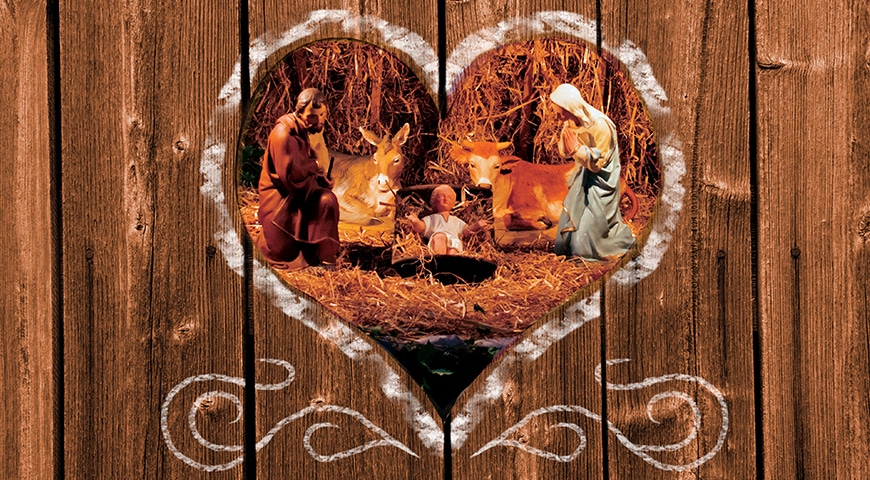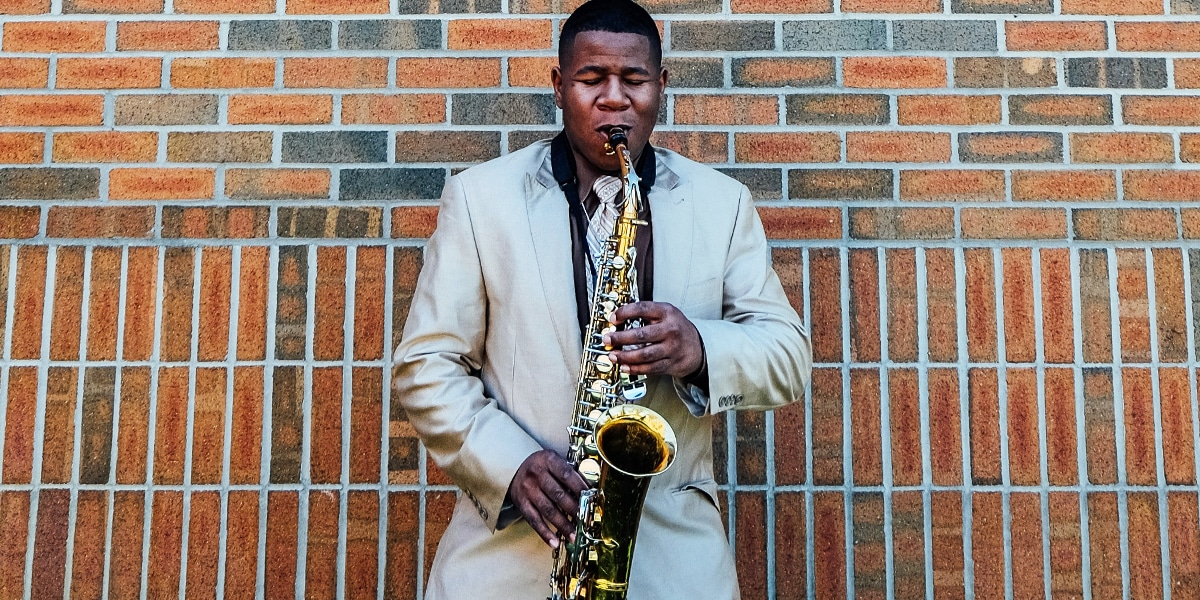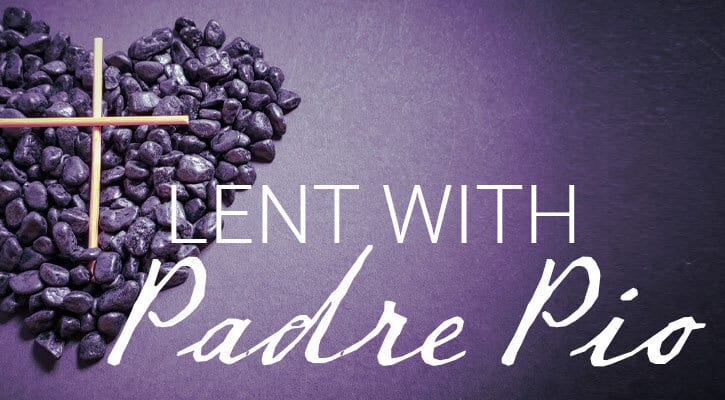One afternoon during my sophomore year in college, I went down the hall to visit my friend Brian. As I walked into the room, his roommate looked up and yelled at me, “Hey, Dault, were you born in a barn?” I stood there for a moment, completely confused. It turns out I had left the door open when I walked in, and this was a way of telling me to shut it. But I had never heard this phrase before, so it took me a minute to get the drift of what I was being asked to do.
Since that afternoon, I have thought about that exchange every once in a while and wondered, What’s so bad about being born in a barn?
A Biblical Welcome
I’m really not a person who is all that eager to close doors. Christmastime gets me thinking about another person who was born in a barn. The second chapter of the Gospel of Luke relays some of the few details about the birth of Jesus. We’re told that Mary “wrapped him in swaddling clothes and laid him in a manger, because there was no room for them in the inn” (2:7).
So Luke’s Gospel tells us what the world looks like when a door is shut and when welcome is not extended. But a moment later, the Gospel does an about-face and gives us a picture of what hospitality looks like: A group of shepherds, tending flocks in the hills near Bethlehem, is visited by an angel. The angel tells them that a child has been born, and they will find him lying in a manger.
Luke’s writing tells us that the shepherds were so quick to drop everything and go to see this child that they got there while the baby Jesus was still lying in that same manger. And, unlike the innkeepers and others who refused Mary and Joseph any real welcome, the Bible stories tell us that the Holy Family opened the doors wide, and many came to visit with them in the days following the birth of Jesus.
This is one of the ways we can be aware of when the Holy Spirit is active in our midst: At those places in the world where God is active in the ministry of Jesus Christ, the Spirit throws open those doors that all too often we want to close.
Step Forward
We are in the midst of one of the strangest and most stressful years of my memory. It would be so easy to simply close the door on all that we have endured—the sickness, violence, and loss—and to embrace whatever changes the new year might bring us.
But Christ’s invitation to the manger is not a call to forget the past and the wounds we endured. We are not called to shut the door on memory and fade into a blissful amnesia. Instead, the promise of that little baby, lying in swaddling clothes, is a promise of new life and life in abundance. As the poet W.H. Auden once put it, the promise of the manger is that, for once in our lives, “Everything became a You, and nothing was an It.”
So much will be changing as we move into this new year. In some ways, it is a bit terrifying to think about. So terrifying, in fact, that we may not simply shut the barn door, but also shut our eyes and our hearts to the possibilities and the good that may yet come.
But the child Jesus is welcoming us to step forward, and the door is open. Maybe being born in a barn is not such a bad thing.








